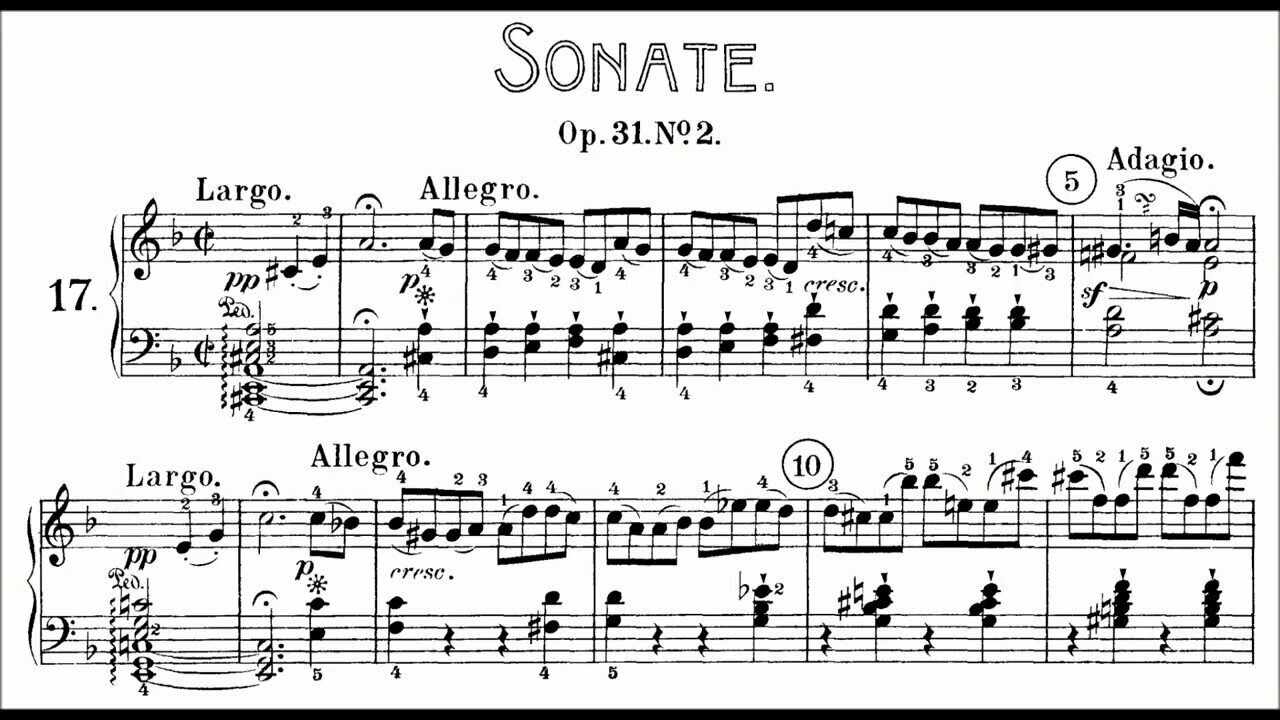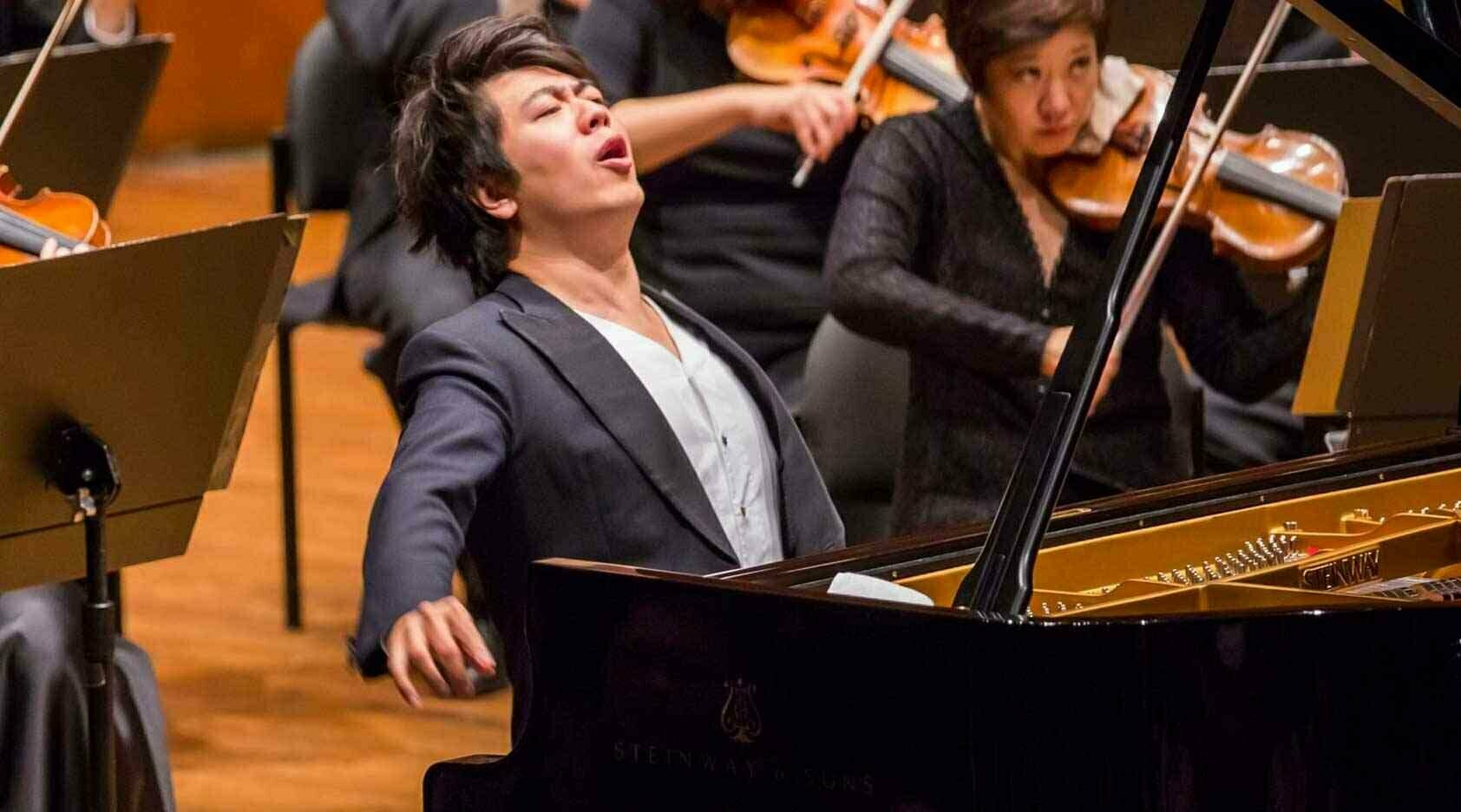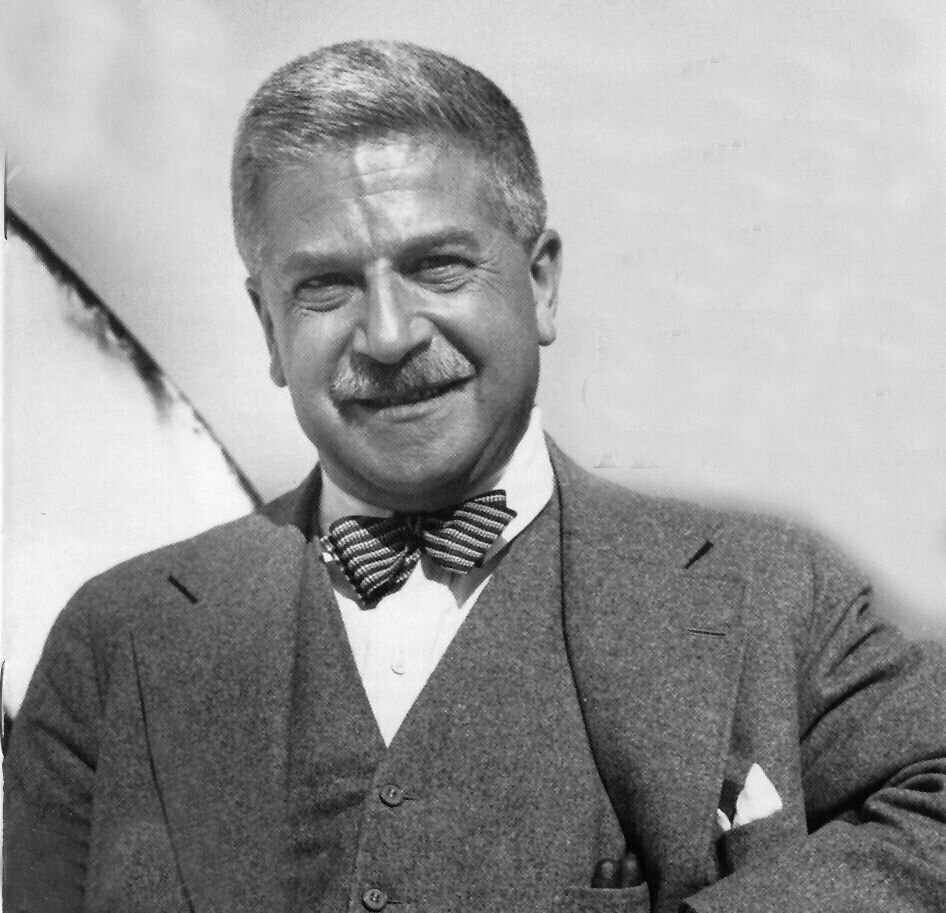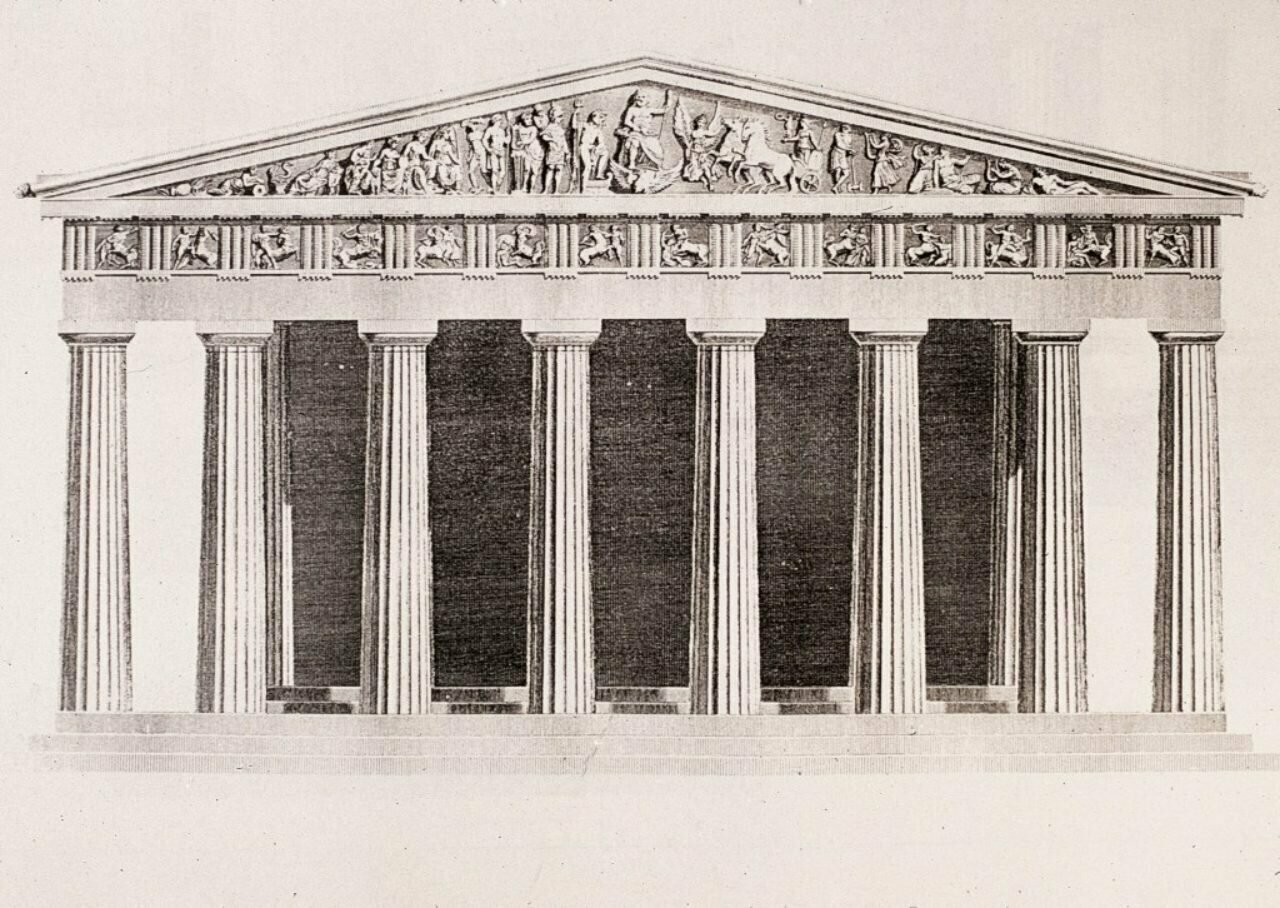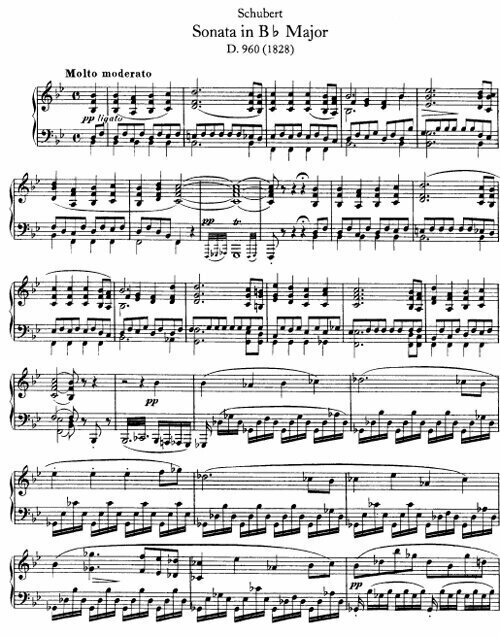When we consider the role musician as “curator”, we tend to think of someone who organizes a concert series or music festival, much in the same way as a museum curator organizes exhibitions.
Opinion
technique |tekˈnēk| noun a way of carrying out a particular task, esp. the execution or performance of an artistic work or a scientific procedure. • skill or ability in a particular field • a skillful or efficient way of doing
I bet you could easily name a handful of classical musicians who have distinct identities. From vertiginous heels to extravagant physical gestures, hair tossing or audible muttering or humming, these individuals’ public artistic identities are evident whenever and wherever they
Tempo rubato (literally “stolen time” in Italian) is perhaps most closely associated with the music of Fryderyk Chopin, his friend and fellow composer Franz Liszt, and other composers of the Romantic period. But it is possible to achieve rubato effectively
Today we seem to spend far too much of our daily lives trying to do things at high speed or in a hurry, without allowing ourselves time to stand still and think, or to look up occasionally to admire a
“Never play faster than you can think” This well-known maxim by pianist, teacher and composer Tobias Matthay has a relevance both in day-to-day practice, and also in performance. When we practice, in our eagerness to move on to a new
On the most basic level, we practice to get better, to become proficient, to ensure we never play a wrong note. However, productive practising should never just be mindless “note bashing”. As pianist and renowned teacher Seymour Bernstein says in

